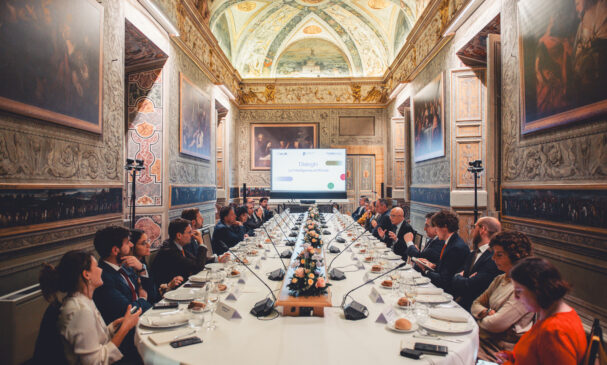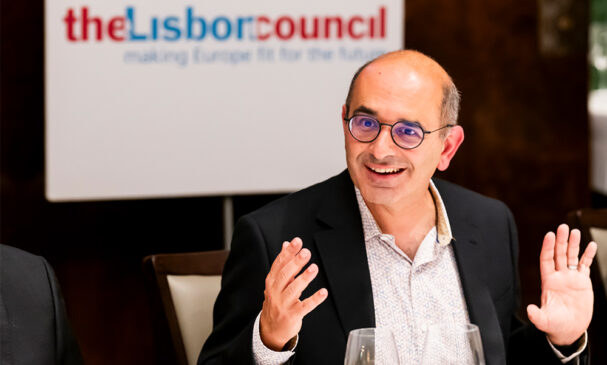The world stands on the cusp of an important revolution. And, while many recent initiatives have stressed the potential risk of artificial intelligence (AI), the AI community itself is looking decisively forward – putting this important technology, much of which is available through open source, to work for social benefit and wellbeing. Few pistes are a ripe for this development as the intersection of AI and Science. In this, Google DeepMind showed the way; it developed the AlphaFold programme to map 200 million proteins – a scientific breakthrough that had eluded scientists for decades. But this is hardly the end. Scientists around the globe are working to pool knowledge, develop new techniques and deliver the next blockbuster discovery. It could be anything: from advances in the treatment of cancer to new ways of distributing energy that delivers real sustainability to the planet to a host of still hard-to-see or imagine areas.
The Lisbon Council launches AI for Science – a multi-year investigation into the potential of AI to deliver scientific breakthroughs and valuable social outcomes. The initiative will include a round of thought-leading policy briefs, high-level roundtables and expert-level briefings. A broad-based community will work to build new insights and to develop effective and fast-moving frameworks for deploying AI at the forefront of science and delivering the next round of breakthroughs for the benefit of mankind.

